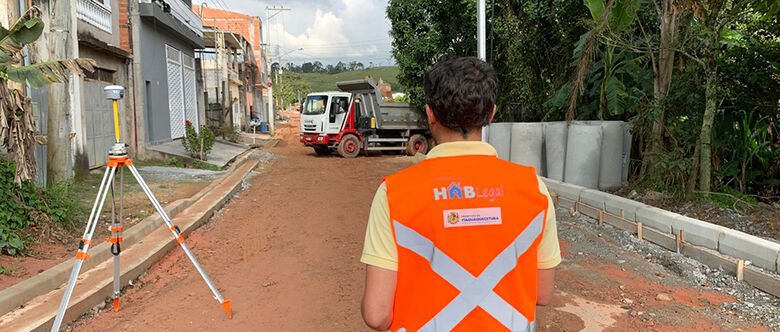
Urban Land Regularization Program in irregular areas in Santa Izabel do Pará (PA)
Urban development, tax increase, expansion in the implementation of public policies and increase in the quality of life of residents in these areas.

Dialogues with Brazil.
August 28 to September 1 2023, Berlin, Germany
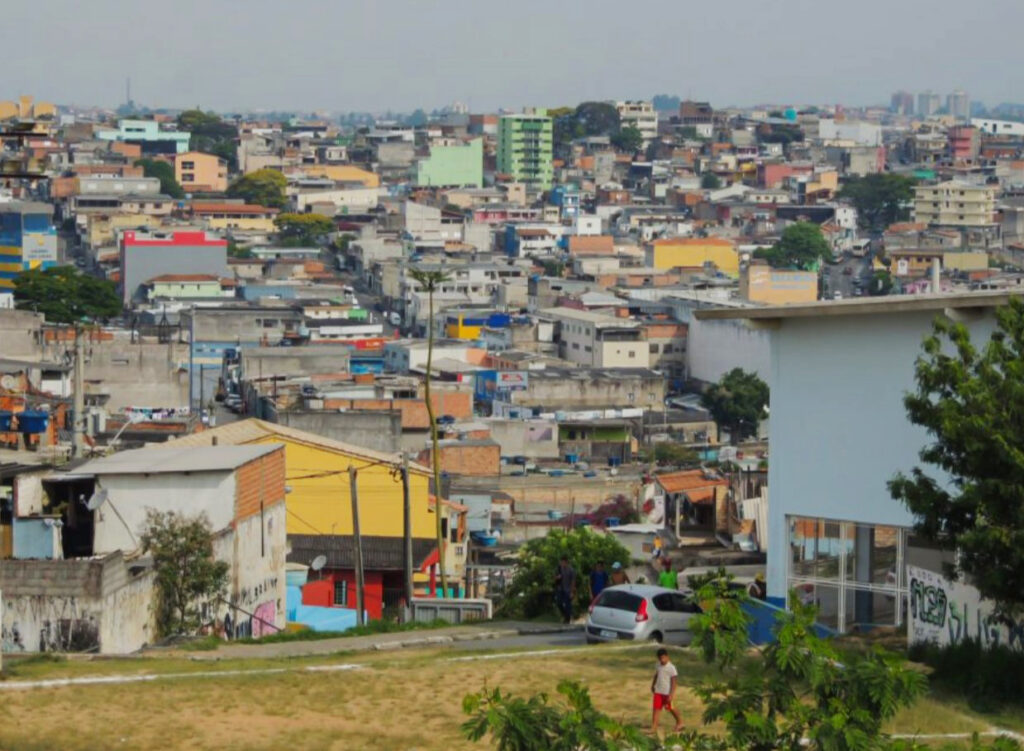
Nature-based solutions with a focus on health (e.g. heat stress, disaster risk reduction, food security, others)
Impacts of climate change (flooding, heat stress, air and water quality, others)
Recognizing that the local scale is a privileged space for experimentation with climate change strategies, the municipal government of Taboão da Serra has been concerned with innovating both in institutional practices and in actions
in its territory. The project presented here prioritizes the southwest quadrant of the city that presents a high rate of construction and population density, associated with a low permeability of the soil and little provision of green areas.
and with little offer of green areas. Delimited in the current Participatory Master Plan as a Homogeneous Area of Precarious Urbanization, this territory is marked by high social vulnerability. More vulnerable populations will feel the impacts of Climate Change more intensely. In this context, it becomes essential to restore urban ecosystems through Nature-Based Solutions that are primarily guided by practices aimed at overcoming different inequalities. The project foresees a set of actions to strengthen the adaptive capacity of Taboão da Serra, facing extreme events resulting from climate change, including planning, training of technical staff, establishment of partnerships, development of diagnostics with the participation of different stakeholders and preparation of an action plan. The intervention area is approximately 3.5 km² (approximately 18% of the municipality’s territory) and, according to the 2010 Census, has a resident population of approximately 70,000 people (a little over 30% of the municipal population). It is estimated that the benefit from the project should directly reach a population of 30,000.

Urban development, tax increase, expansion in the implementation of public policies and increase in the quality of life of residents in these areas.
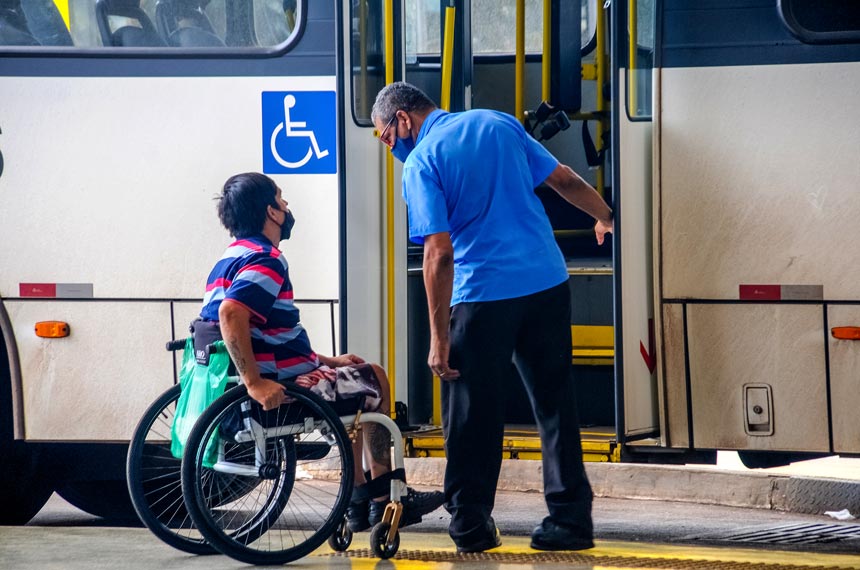
Improve the accessibility and sustainability of public transportation in Brasília (implementation of adequate infrastructure for people with reduced mobility, promotion of the use of electric or low carbon emission vehicles, and awareness about the benefits of public transportation and its importance for environmental sustainability).
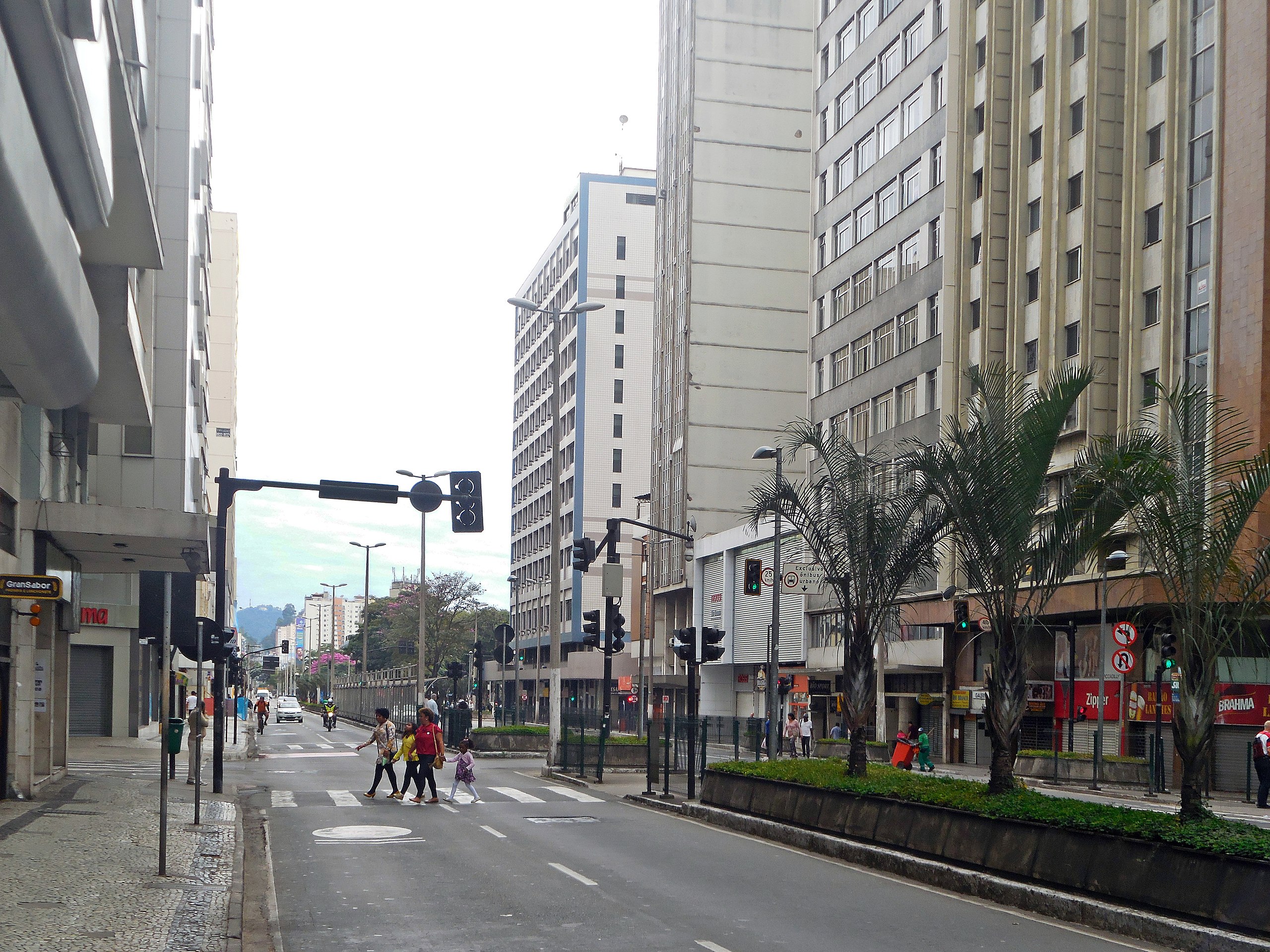
Public space and street physical access to vulnerable groups (children, pregnant women, older adults, peoplewith dissabilities, adults at risk, other)
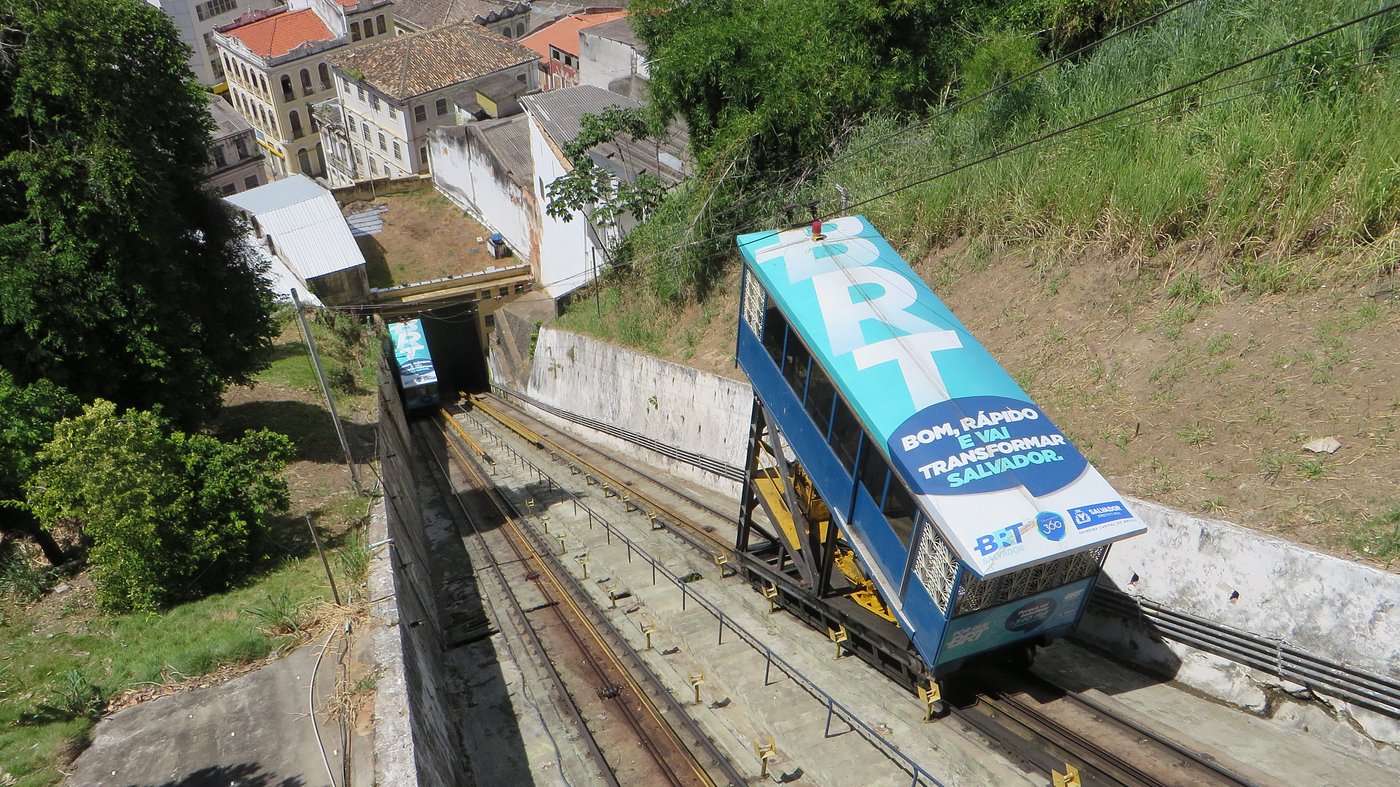
Social inclusion, improvement of quality of life, growth of income by acessing more jobs and connecting marginalized areas with formal city.
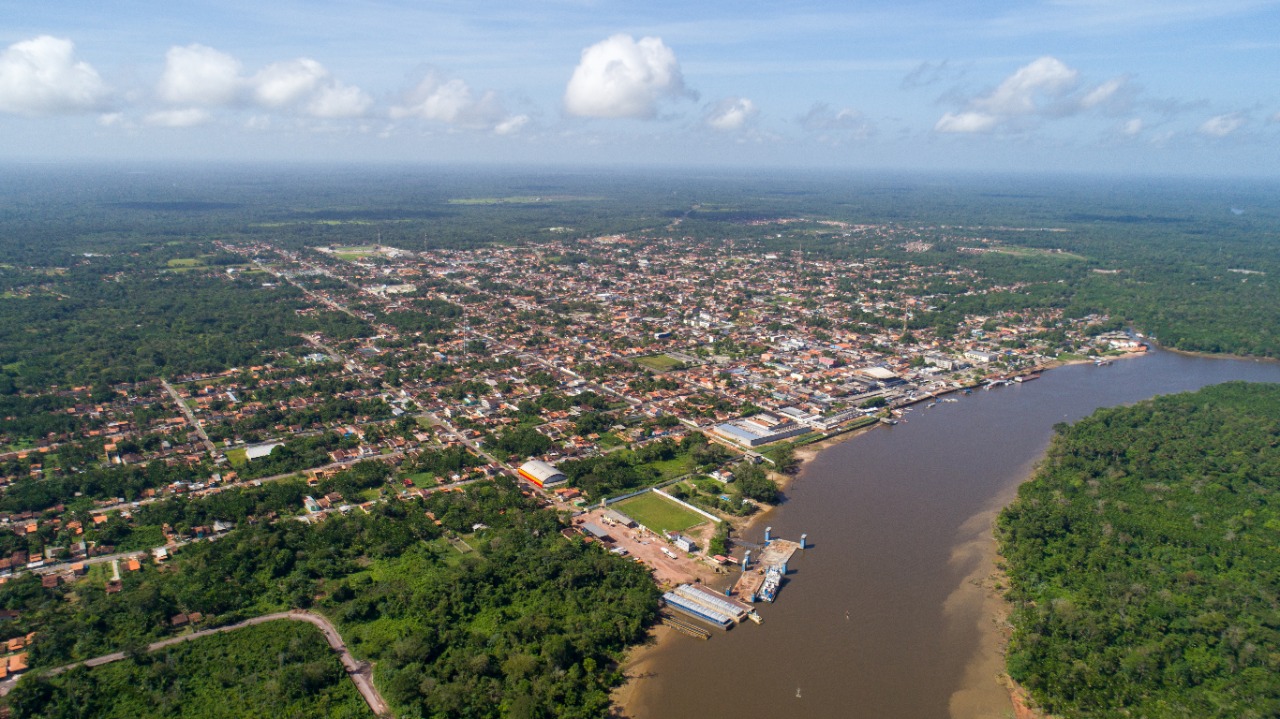
Impacts from climate change (flooding, heat stress, air and water quality, other)
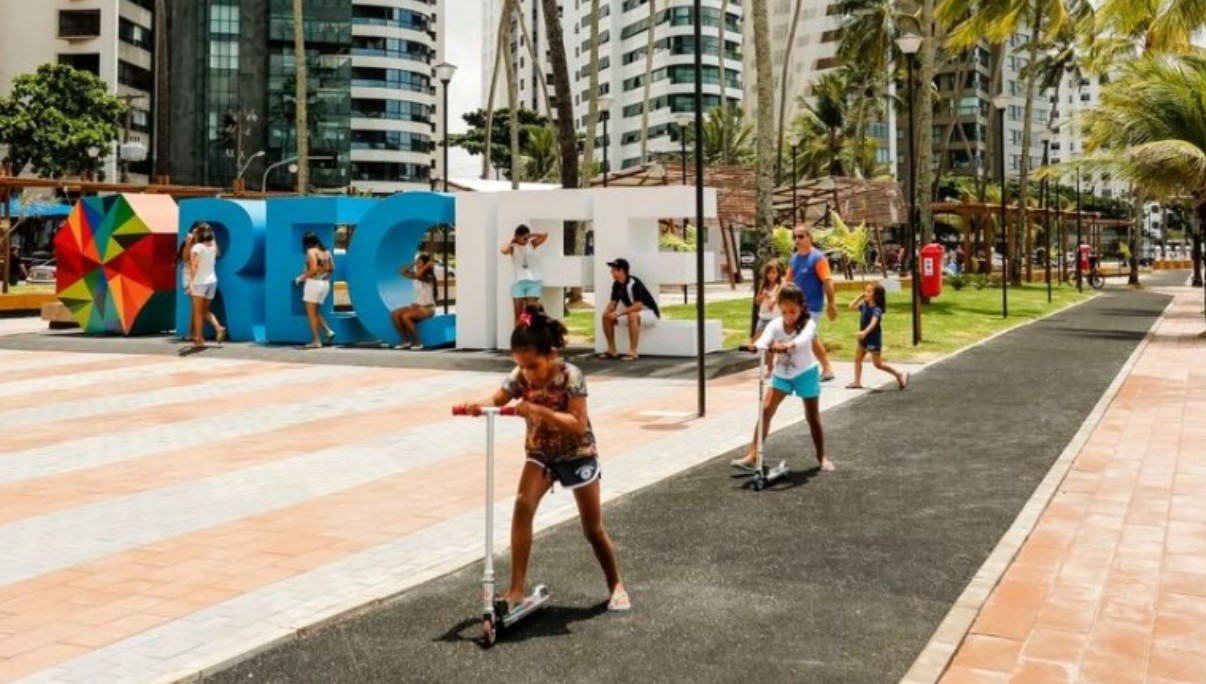
Multidisciplinary Urban Intervention, addressing all project tracks